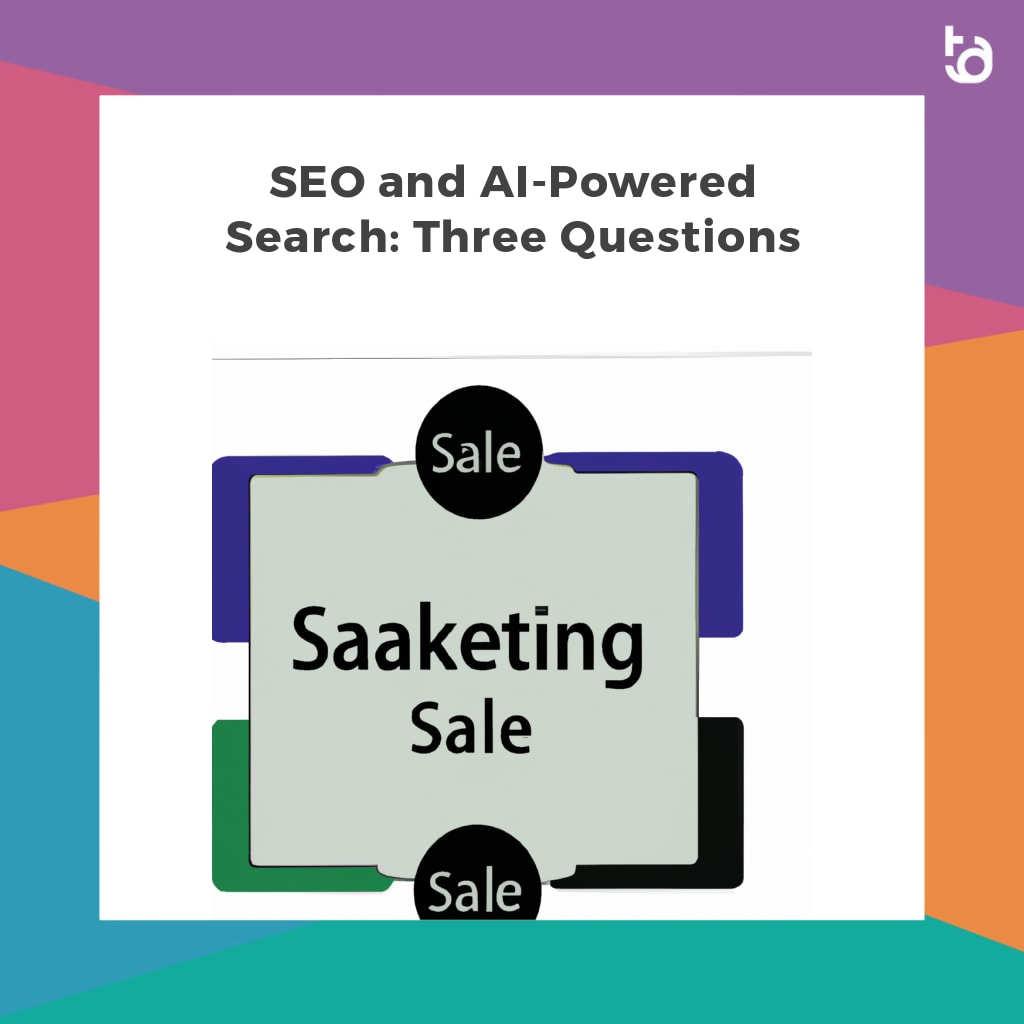Introduction:
With Artificial Intelligence (AI) increasingly powering search engine results, the SEO (Search Engine Optimization) landscape is changing quickly. Each day, more and more questions arise as SEOs grapple with how to adapt their strategies to an AI-powered search landscape. This article will explore three of the most common questions SEOs are fielding in this new era.
Question 1: What’s The Impact of AI on Search Engines?
The biggest impact of AI on search engines is its ability to process massive amounts of data quickly and accurately. AI technology allows search engines to analyze huge amounts of data in a fraction of the time a human would take to do the same task. AI-powered search engines can also understand more complex queries and present more relevant results to searchers.
AI has also had an impact on how search engine algorithms are structured. It has enabled search engines to extract more granular data from webpages than ever before. For example, search algorithms can now spot synonyms, predict user intent and make assumptions about the context of the query.
Question 2: How Can SEOs Proactively Adapt to an AI-Powered Search World?
The best way for SEOs to succeed in the era of AI-powered search is to start adapting their strategies now. Here are some tips for proactive SEOs:
• Focus on Quality: AI-powered search engines are able to identify content that is of high quality, so SEOs should focus on creating high-quality content that provides value to readers.
• Optimize for Natural Language: AI-powered search engines are better able to understand natural language, so SEOs should focus on optimizing their pages for natural language queries.
• Improve Site Speed: AI-powered search engines are able to detect slow-loading pages and penalize them in the rankings. SEOs should prioritize optimizing the speed of their sites in order to stay competitive.
Question 3: What’s Next for SEOs in the AI-Powered Search World?
SEOs in the AI-powered search world should be prepared for continued change. AI technology is constantly evolving, so SEOs should remain up to date on the latest technological advances.
It is also important for SEOs to focus on user experience. AI-powered search engines provide searchers with more relevant and personalized results, so SEOs should strive to create content that is tailored to the user’s needs.
Finally, SEOs should focus on optimizing for voice search. Voice search is becoming increasingly popular, so SEOs should focus on optimizing their content for natural language-based queries.
Conclusion:
AI-powered search has drastically changed the SEO landscape, but SEOs can still succeed in the era of AI-powered search. By staying up to date on the latest technology advancements, optimizing content for natural language queries, and focusing on user experience, SEOs can be successful in the world of AI-powered search.







